Title:
More Fire
Artist:
Capleton
Label:
VP
Catalogue No.:
VP2726
Release Date:
Oct-02-2020
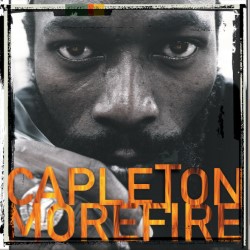
Title:
Reggae Masterpiece: Capleton 10
Artist:
Capleton
Label:
VP
Catalogue No.:
VP2457
Release Date:
Nov-29-2011
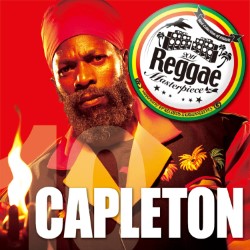
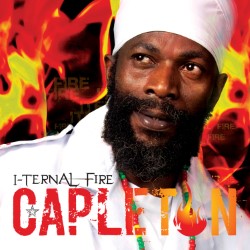
Title:
Reign Of Fire
Artist:
Capleton
Label:
VP
Catalogue No.:
VP1717
Release Date:
Oct-26-2004
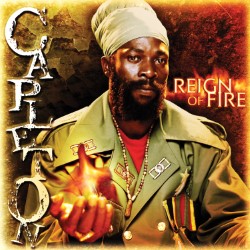
Title:
Alms House
Artist:
Capleton
Label:
GRE
Catalogue No.:
GREWCD182
Release Date:
Sep-15-2001
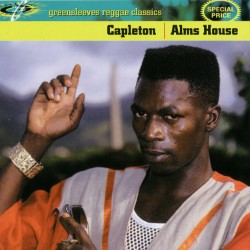
Title:
More Fire
Artist:
Capleton
Label:
VP
Catalogue No.:
VP1587
Release Date:
May-16-2000
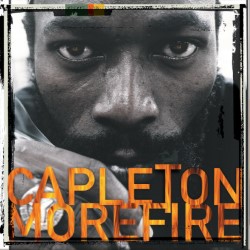
Title:
Good So - Spotify only
Artist:
Capleton
Label:
VP
Catalogue No.:
VP2749
Release Date:
Jun-23-1994
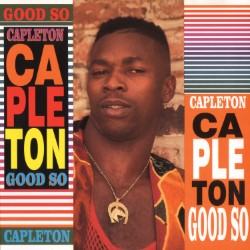
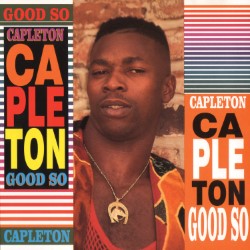
Title:
Real Rough - spotify only
Artist:
Tony Rebel, Capleton & Ninjaman
Label:
VP
Catalogue No.:
VP2746
Release Date:
Nov-18-1991
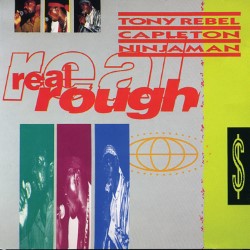
Title:
Real Rough
Artist:
Tony Rebel, Capleton & Ninjaman
Label:
VP
Catalogue No.:
VP1194
Release Date:
Nov-18-1991
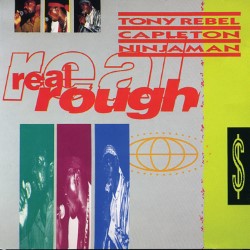
See Full Discography
See Less
Capleton, born Clifton George Bailey III on April 13, 1967, in Islington, Jamaica, played a key role in leading dancehall back to its reggae roots and infusing it with Rastafarian spirituality. He moved to Kingston at 18 to pursue music, initially performing with small sound systems before joining Stewart Brown’s African Star label, leading to his first recording opportunities.
His first single, “Bumbo Red,” banned for its explicit lyrics, became a hit through word of mouth, and he gained further recognition with his appearance at the 1990 Reggae Sunsplash Festival. Capleton’s early work, including hits like “Number One Pon the Look Good Chart,” was compiled in the 1991 LP Capleton Gold, showcasing his evolving lyrical style. His transition to Rastafarianism in the early ’90s influenced his music, as seen in the 1995 Def Jam release Prophecy, which included successful hip-hop crossovers like “Tour” and “Wings in the Morning.”
Later, Capleton refocused on the Jamaican audience, blending roots reggae with more romantic themes in albums like More Fire and Still Blazin’, the latter being nominated for a Grammy in 2002. His first release with VP Records was the album Lotion Man in 1991, which he then followed up with 6 more albums with the label, including 2004’s Reign of Fire,” which features the dancehall anthem, “That Day Will Come.”
Throughout his career, Capleton has collaborated with artists like Sizzla and Stephen Marley, and has had his music sampled by international artists including Kanye West. Recognized as an influential figure in reggae, Capleton was honored by the Jamaica Industry Association in 2019 and is known for his philanthropic efforts through his charity show, St. Mary Mih Come From.


